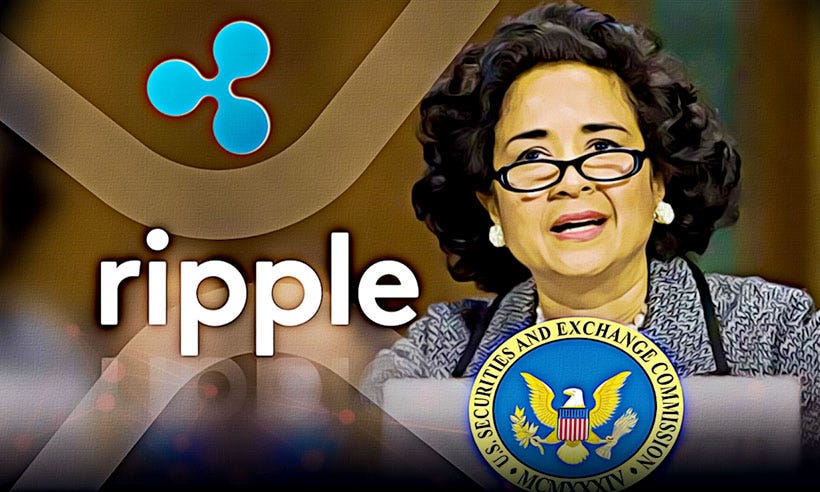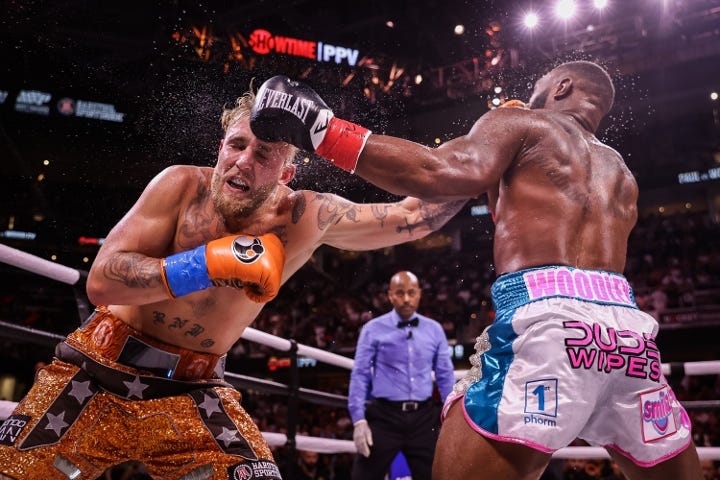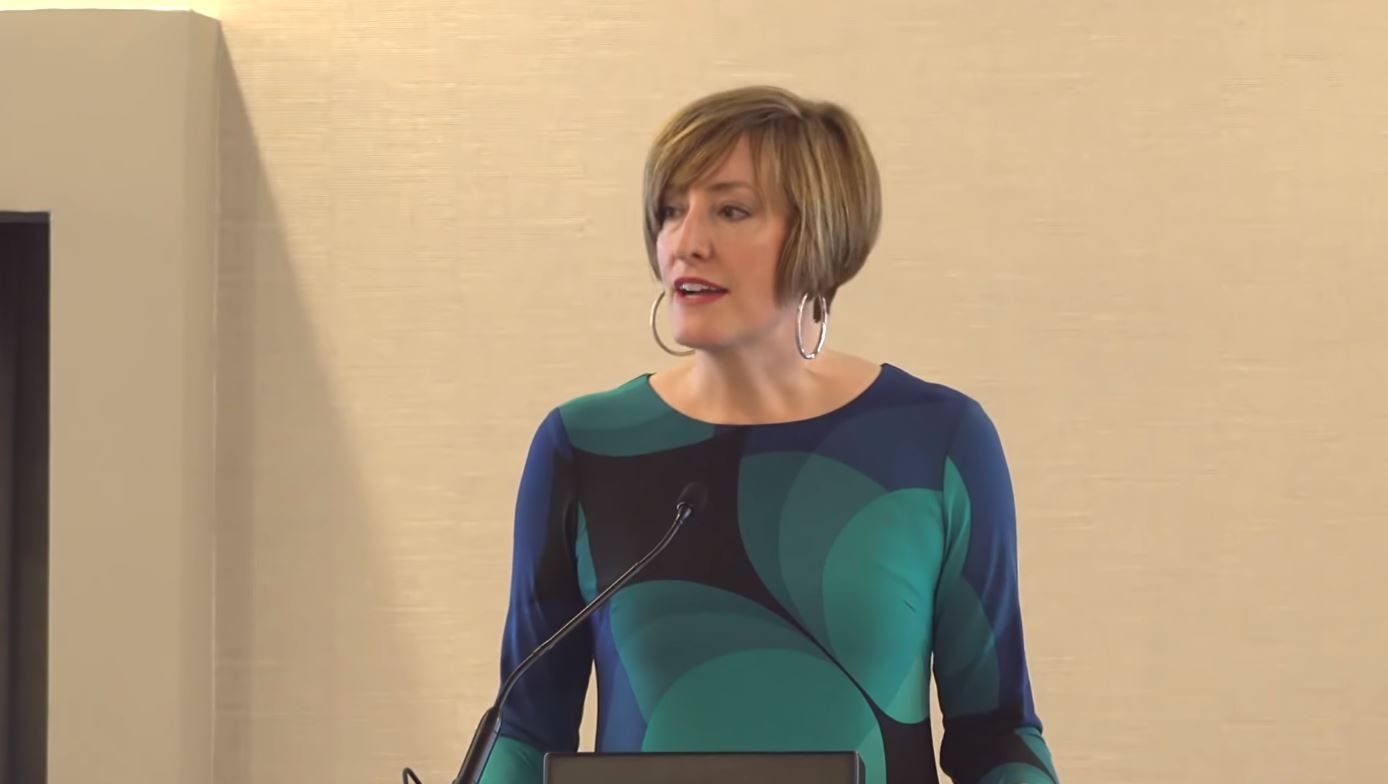On Thursday, July 13, 2023, Federal Judge Analisa Torres in the Southern District of New York ruled generally in favor of Ripple Labs in a case brought by the SEC against Ripple and its founders in 2020.
I say “generally” because both sides are claiming victory in the case. In boxing parlance, it was a split decision.
The markets say otherwise. Crypto markets Thursday reacted positively to the news. The price of Ripple’s token, XRP, soared from around $.40 earlier this week to $.87 Thursday afternoon. A parabolic move, or “God candle,” if you will.
Altcoins and Bitcoin Follow Suit
The prices of of other cryptocurrencies rose as well, though not quite as much as did XRP. Stellar Lumens (XLM) was up 58% as of Thursday evening. Dogecoin, the favorite of Elon Musk, was up 8 percent. Etherium, which ranks as the second largest crypto coin market cap behind Bitcoin, was up 6.3 percent, in just half a day. Cardano (ADA) was up as much as 19 percent.
Bitcoin rose 5% to $31,750 before settling back a bit. Why Bitcoin rose on this news is not clear. More on that later.
The Split Decision
The Securities and Exchange Commission (SEC), in 2020, had sued Ripple Labs and its two top executives, Brad Garlinghouse and Chris Larsen, over allegations that they were offering unregistered securities for sale to the public. The alleged securities, of course, being Ripple’s XRP tokens.
In releasing its long-awaited decision, the court issued basically two rulings. Remember that the case usually cited when ruling on whether an investment sale is a security is the Howey case. (SEC v. W.J. Howey Co., 1946.)
Consider these statements in the court’s ruling:
“XRP, as a digital token, is not in and of itself a contract, transaction or scheme that embodies the Howey requirements of an investment contract.”
Versus:
“Institutional buyers reasonably expected that Ripple would use the capital it received from sales to improve the XRP ecosystem and thereby increase the price of XRP,” or the Howey test for a security.
Confused?
Here is the distinction. When Ripple Labs sold XRP tokens to the public, there was a reasonable expectation that Ripple and its founders would profit from the sales. Kind of sounds like a security. These were called “institutional sales” by the court.
When the XRP tokens were sold on exchanges, in the “aftermarkets,” they were referred to as programmatic sales, and buyers could not identify who they were purchasing from. Per the court, “they were blind bid/ask transactions and buyers could not have known their payments went to Ripple.
I understand the distinction. It seems that founders offering tokens to the public may have to register them as securities, but it’s not perfectly clear. Exchanges, however, seem to be able to offer them for trade, as they are not the founders and are not reaping the proceeds.
As for Bitcoin, the OG cryptocurrency has long been regarded as totally decentralized and as such, no founders are reaping profits from the sale of coins. All coins are mined, and then exchanged in the open markets. Bitcoin seems perfectly insulated from the Howey test.
Gary Gensler SEC Chair, has indicated as such.
The Result and the Impact
Ripple has long described its token as a legitimate cryptocurrency that is used for cross-border payments and has great utility in the space. That Ripple considers it a victory is not surprising.
The SEC also considers it a victory of sorts. The institutional offering of tokens is generally seen as offering securities for sale, and they may continue to pursue claims against other crypto projects. The SEC has sued several crypto echanges, however, including Coinbase, but that effort looks like it may fail.
The overwhelming opinion of many, both in the crypto space and in government, is that this creates even more chaos in the world of crypto regulation.
Caitlin Long, CEO and co-founder of Custodia Bank, which services transactions for digital assets, belives that Torres’ ruling will spur US lawmakers to come up with more specific legislation to regulate the crypto markets. She tweeted:
“Prediction: Now that Ripple summary judgement threw US crypto regualtion into further disarray,
Congress will now act.
Federal financial regulators usually don’t open themselves to litigation that could massively cut back their jurisdiction grab. The SEC did.”
Probably the most telling statement that the court made in its ruling was this:
“Each transaction must be analyzed and evaluated on the basis of the content of the instruments in question, the purposes intended to be served, and the factual setting as a whole.”
So, stay tuned.
But the market pump on Thursday was pretty nice.
Thanks for reading, and please share with some future-coiners.
Bitcoin Tools, Platforms, Podcasts:
Twitter - Follow The Bitcoin Files on Twitter at @BitcoinNewslet1 for all of my articles, commentary and links to my contributions to Bitcoin Magazine.
Medium - Check out my writings on Medium, including articles not featured in the newsletter. Join my 600 other followers who read and write about crypto. medium.com/@rickmulvey
Podcasts - To hear the top names in Bitcoin, and learn more than you could imagine, check out The Pomp Podcast with Anthony Pompliano, What Bitcoin Did with Peter McCormack, and The Wolf of All Streets Podcast with Scott Melker.
Issue No. 117, July 14, 2023
Rick Mulvey is a CPA, crypto consultant, and frequent contributor to Bitcoin Magazine. He writes about all things Bitcoin, and yells at the Yankees and Giants. He also runs marathons and makes wine, neither professionally.






